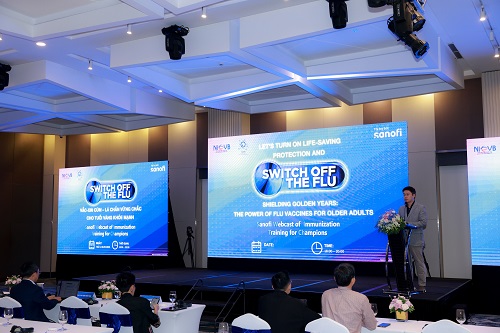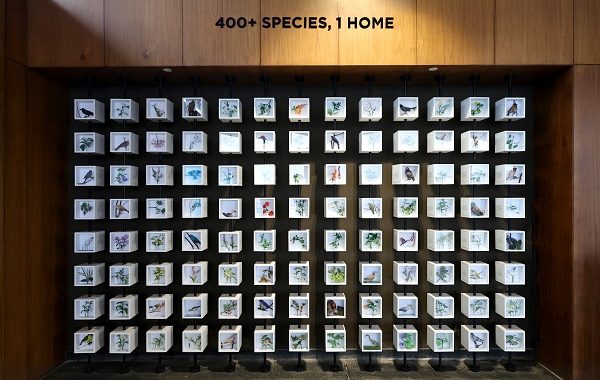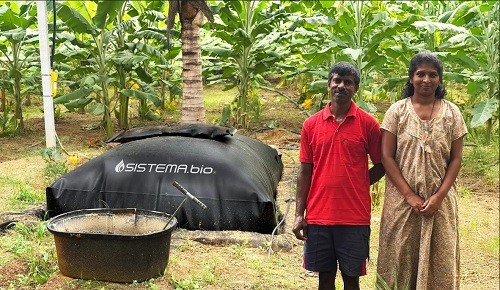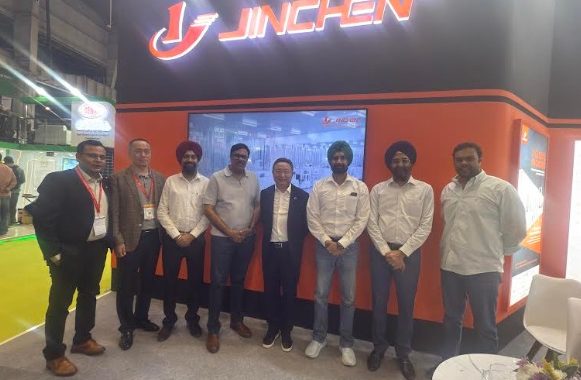Haryana Chief Secretary Sanjeev Kaushal Today Stressed The Identification Of Appropriate Location And Land Availability In The Planning At Various Levels

Haryana Chief Secretary Sanjeev Kaushal today stressed the identification of appropriate location and land availability in the planning at various levels before setting up waste management infrastructure in the state.
Laying emphasis to promote and implement ‘Circular Economy’ in the state, Sanjeev Kaushal said that with the growing economy in different sectors and the expansion of the urban areas due to fast expansion of their jurisdiction the need for upgrading the waste management infrastructure also arose.
It may be stated that ‘Circular Economy’ is an economic system, which involves sharing, leasing, reusing, repairing, refurbishing and recycling existing materials and products as long as and wherever possible in different spheres.
Kaushal here today suggested various important measures to implement ‘Circular Economy’ in the state along with its implementation across the Country. During the presentation Union Cabinet Secretary, Rajiv Guaba, CEO Nitti Ayog, Sh. Parameswaran Iyer, Secretary, Ministry of Housing and Urban Affairs, Sh. Manoj Joshi, Secretary, Department of Drinking Water and Sanitation, Smt. Vini Mahajan besides Chief Secretaries of various states were present.
Taking ahead the vision of encouraging a Circular Economy as envisioned by the Hon’ble Prime Minister, Kaushal urged the need to strengthen the monitoring of various policies run by the government.
Kaushal said that the states should notify and amend the policies and bylaws from time to time for incorporating new elements as per the national priorities and changing situation. Enforcement mechanism will eventually streamline the waste management operation, he added.
The Chief Secretary said that informal sectors play a very important role in the waste management value chain. A huge quantity of dry waste has been managed by them in an informal manner.
They should be integrated in the waste managed value chain with the help of Community- Based Organizations (CBO) and Self-Help Groups (SHG), Kaushal said adding that they can be engaged in the management of dry waste as they are very much prominent in the dry waste management.
Sharing measures about managing organic waste, he further said that the bio-fertilizer/organic manure generated from the biogas/CBG plants have got a very good nutrient value. There off take can be ensured by engaging with the local farmers and fertilizer co-operatives through formal agreement, capacity building and IEC activities.
Kaushal said that all the waste processing plants, specifically organic waste processing plants should be identified, and the assessment should be done to calculate the GHS emission reduction. This can be done with the help of identified Clean Development Mechanism (CDM) agencies, he added.
Stressing that e-marketplace has an important role in disbursement and sale of various products, Kaushal further said that the processed by-products of C and D waste should be featured in the Government E-marketplace so that the buyers can directly buy the required quantity of materials from there.
State needs to plan for the same and register one entity as the overall responsible agency for the same. For certain processed/recycled products Bureau of Indian Standards (BIS) standards are available which can be used only for non-load bearing construction works.
Kaushal said that it should be ensured that all the processed products are BIS certified and this will help in creating a market for the offtake of these products, he added.
On the occasion, Additional Chief Secretary, Environment and Climate Change Vineet Garg, Additional Chief Secretary, Urban Local Bodies Arun Kumar Gupta, Additional Chief Secretary, Public Health Engineering A.K. Singh and other senior officers were present.
Also see –






